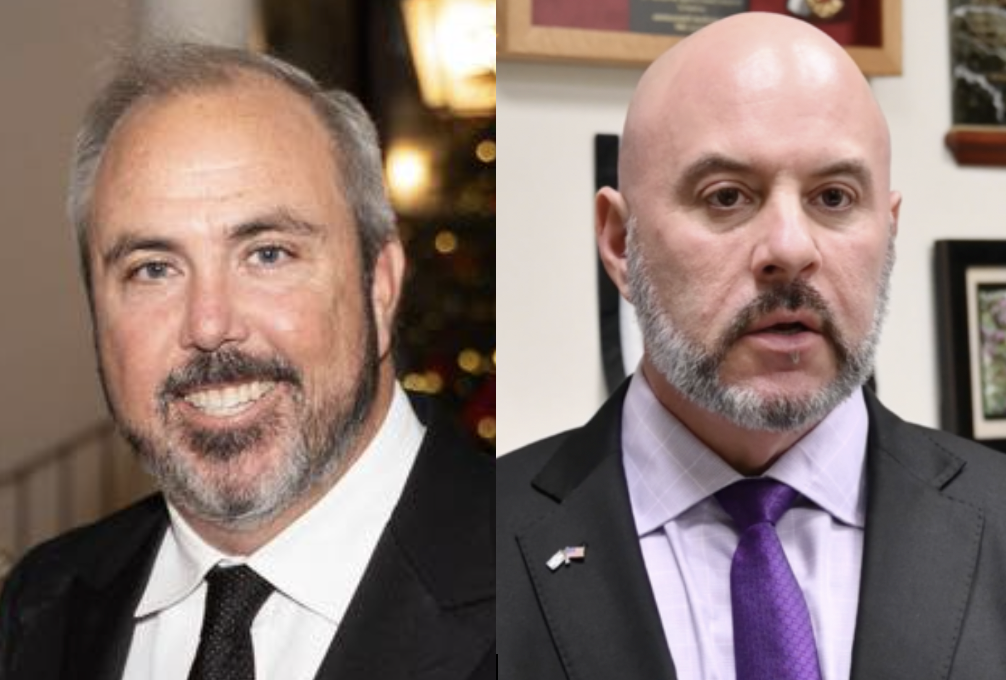By Luis Fleischman
However, the biggest concern of the Venezuelan government is that members of the armed forces and others conducting the repression of thousands of Venezuelans may no longer be loyal to the Maduro regime.
That´s why Maduro had to find alternative sources of money. And — he found them.
First, Venezuela is a narco-state. High political and military leaders benefit from drug trafficking. Venezuela has put its ports and airports at the service of drug traffickers who have established air and sea routes to sell their drugs to North America and Europe.
But that´s not all. There is also illegal gold mining.A few months ago, a very dramatic story came to light.
The Venezuelan government, in partnership with a Venezuelan entrepreneur who lives in the city of Doral, Florida (where the U.S. Southern Command is located), are exploiting gold mines located in the depths of the Venezuelan Amazon.
These mines have also been sanctioned by the U.S. government.But this is not the entire problem. Thousands of workers who lost their jobs in the impoverished Venezuelan economy have moved to the Amazon to be employed in this illegal industry.
Furthermore, it has been reported that these mines are operated by none other than members of the Colombian guerilla group, the Army of National Liberation or ELN, by dissidents of another Colombian guerilla group, the Revolutionary Armed Forces of Colombia (FARC), and by criminal gangs.
The fact that these two groups were identified with Marxism, equality for all, and voices for the working class, has not prevented these "progressive" revolutionaries from exploiting the workers and inflicting on them severe punishments that constitute no less than blatant human rights violations.
Miners, accused of stealing or of violating mines' rules, have been subjected to amputations, torture, and murder. The Venezuelan government and the military also participate in carrying out these atrocities.
Miners work under sub-human conditions and often the amputations and killings are purposely carried out publicly, in front of other workers, so that they get the message.
Witnesses have recounted how they saw workers suspected of stealing having their hands amputated or being shot in their hands. Others said that "union leaders" in charge of these mines amputated arms with chainsaws, axes, and machetes.
These practices are not much different than those used by ISIS.
These mineworkers also labor under terrible health conditions. They are exposed to the effects of mercury. They work 12 hours a day without any protective gear. Furthermore, children as young as 10 years of age were found among such workers.
These conditions are by far worse than any of those experienced by industrial labor in the 19th century. It was reported that former Venezuelan vice-president Tareck El Aissami supervises these operations on behalf of the Venezuelan government.
El Aissami, who’s on ICE’s most wanted list, has strong connections to Iran and Hezbollah and has facilitated their operations in Latin America.
He has also worked closely with Ghazi Atef Nasserdine, a former Venezuelan diplomat in Damascus who was in charge of recruiting young Venezuelans for paramilitary training in Hezbollah camps in Lebanon.
But there is another element to this story. The extracted gold is smuggled and sold in the United States to large U.S. companies. This gold is then sold to the American public in the form of jewelry or other items that contain gold, such as electronic devices.
Venezuela has become a nightmare, heavily supported by Russia, that has taken over control of Venezuela’s oil. That’s why I applaud the Trump administration’s decision to sanction Russian oil company Rosneft, which controls over 70 percent of Venezuelan oil exports.
Rosneft has given Petroleos de Venezuela (PDVSA) a new lease on life and may stay in Venezuela forever, while the U.S. and U.S. companies may be forced out of Venezuela indefinitely, giving more space for Russia to control almost all of the Venezuelan oil.
It's important to point out that El Aissami was just appointed president for the new commission to restructure the country’s beleaguered oil industry, including overseeing PDVSA.
In other words, Venezuela is not only violating sanctions, with copious help from Russia, and finding new resources to buy the loyalty of the military and the paramilitary. Venezuela has also turned into a monster kleptocratic and murderous state that requires action where sanctions, although successful so far, seem to be insufficient.
On Dec. 16, 2019, I wrote of the need to reevaluate our strategy in Venezuela.I argued that general sanctions may not be enough. We need to find ways to directly combat Venezuelan gold contraband and exports, as well as thwart the regime’s ability to circumvent current sanctions.
But we also need to militarily support opposition forces in Venezuela, while avoiding direct intervention with U.S. troops. We may have no other choice but to consider this option more seriously.
Luis Fleischman is a professor of Sociology at Palm Beach State College, the co-founder of the think-tank the Palm Beach Center for Democracy and Policy Research. He is also the author of "Latin America in the Post-Chavez Era: The Threat to U.S. Security," and the author of a forthcoming book, "The Middle East Riddle: The Arab-Israeli Conflict in Light of Political and Social Transformations in the Arab World," to be published by New Academia. For more of his reports, Go Here Now.







